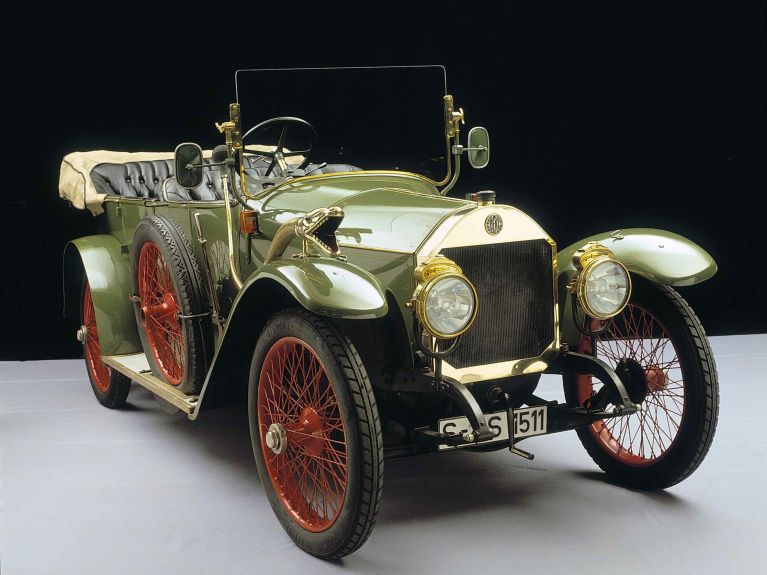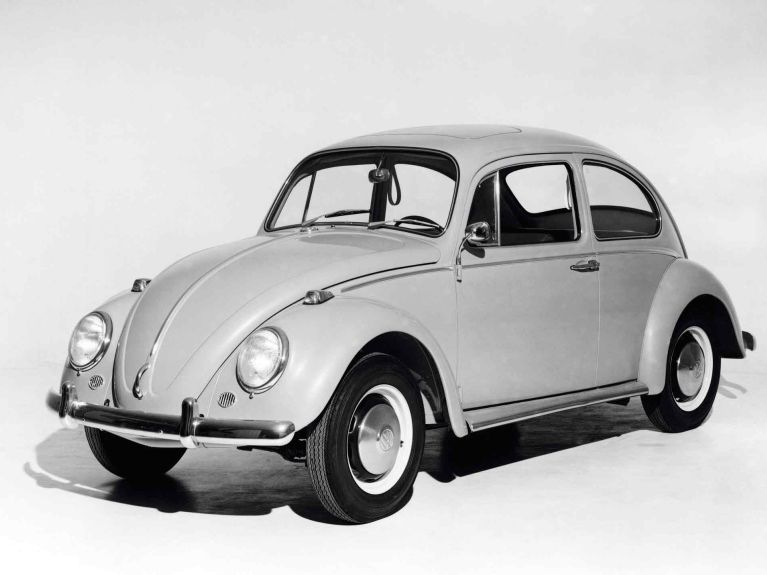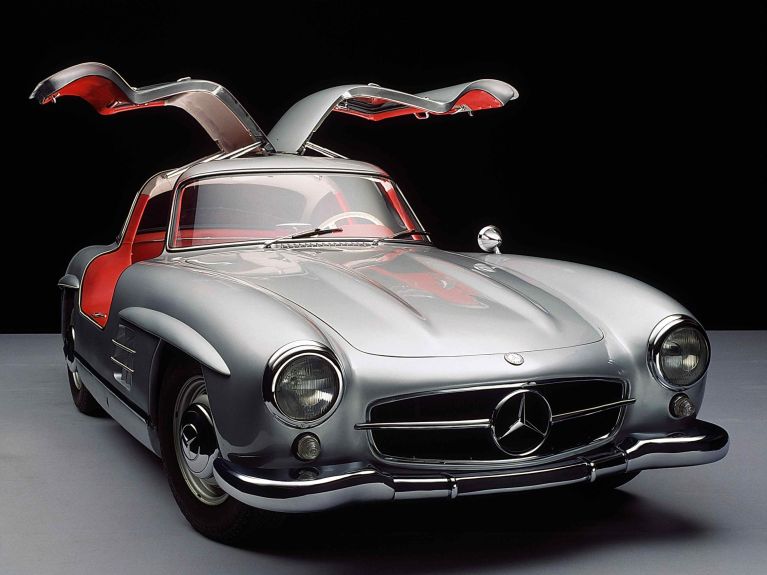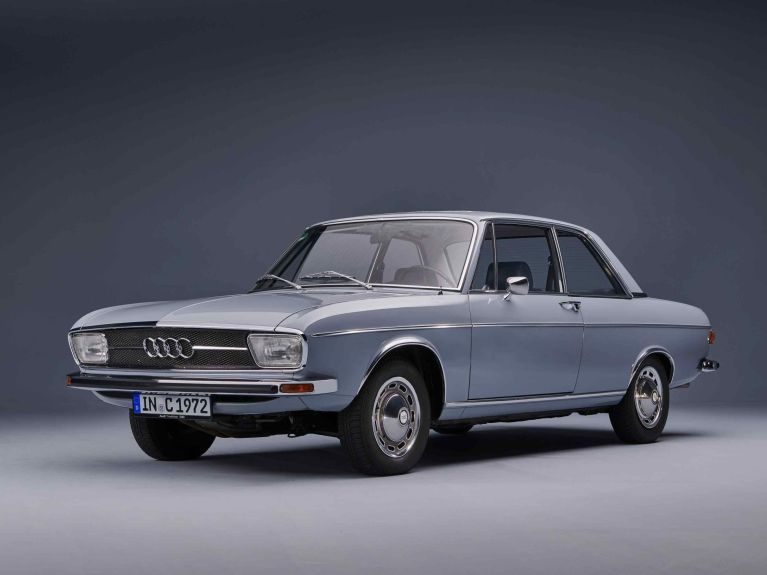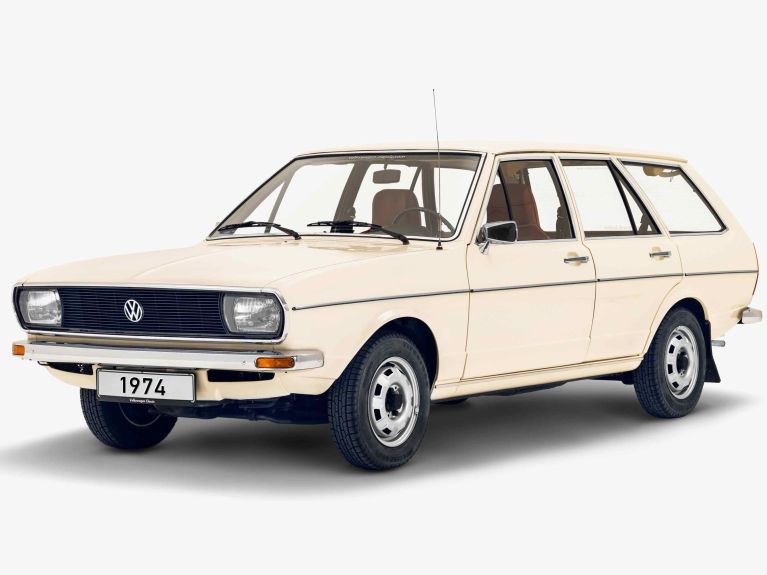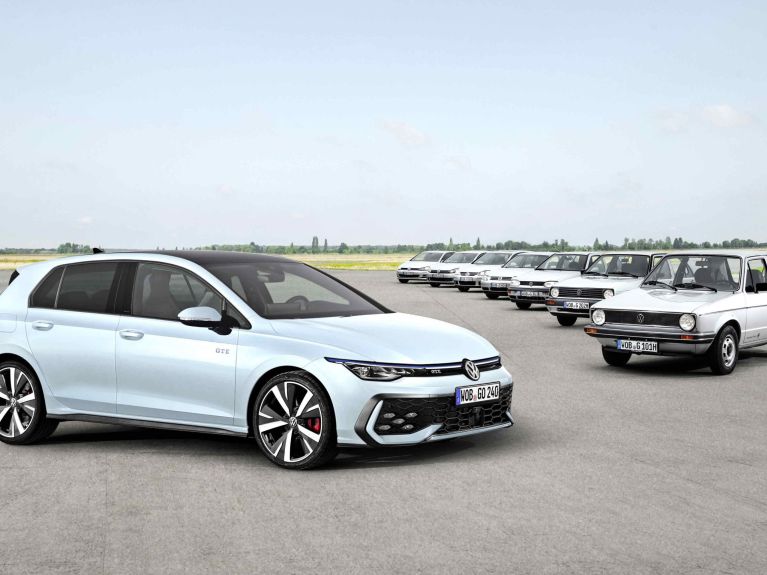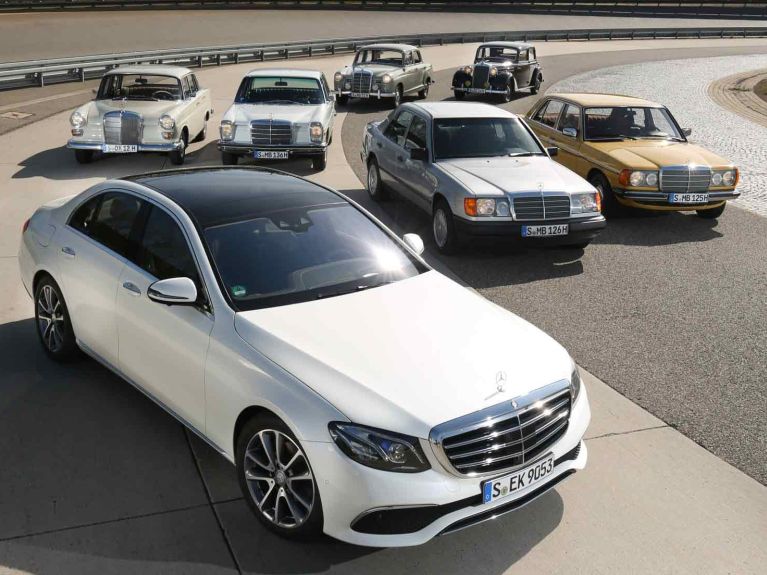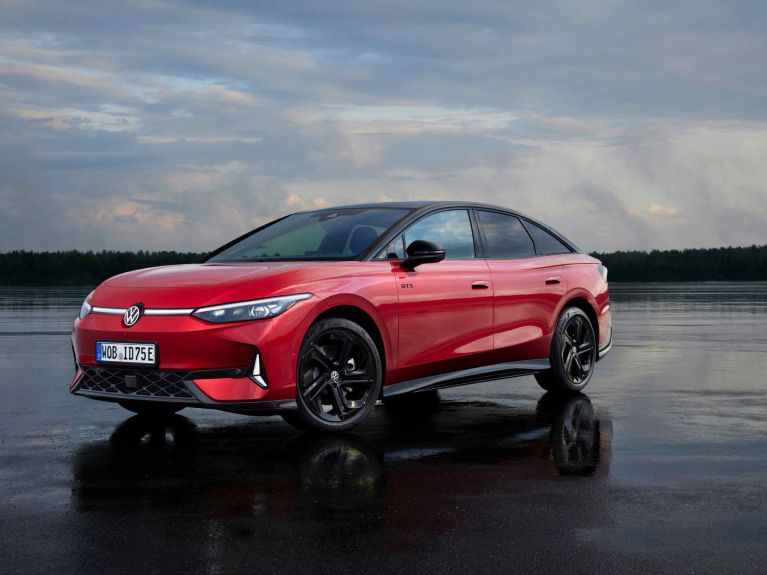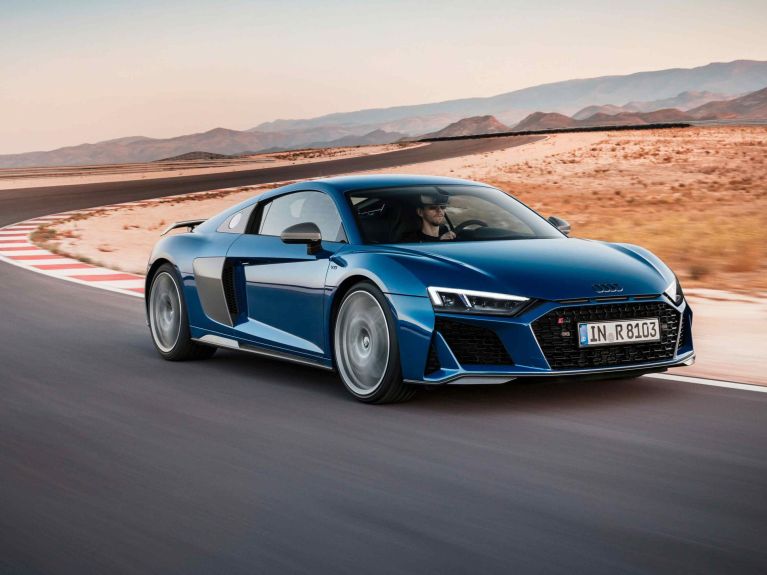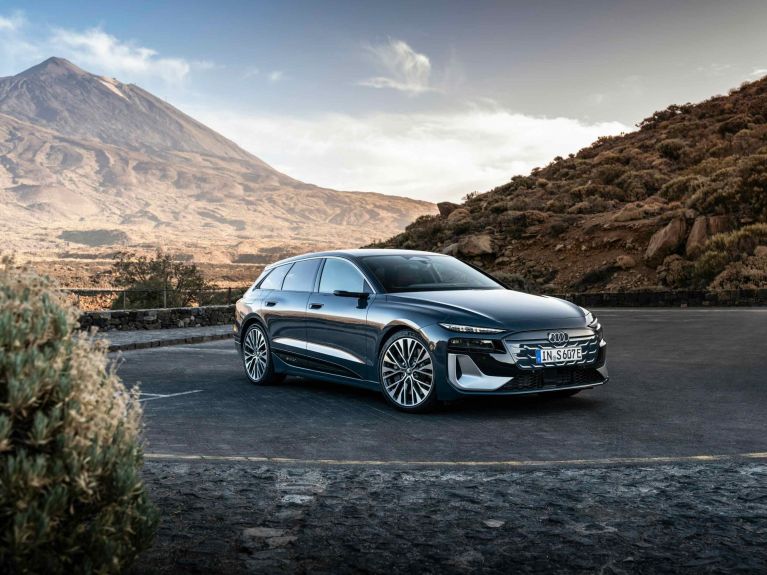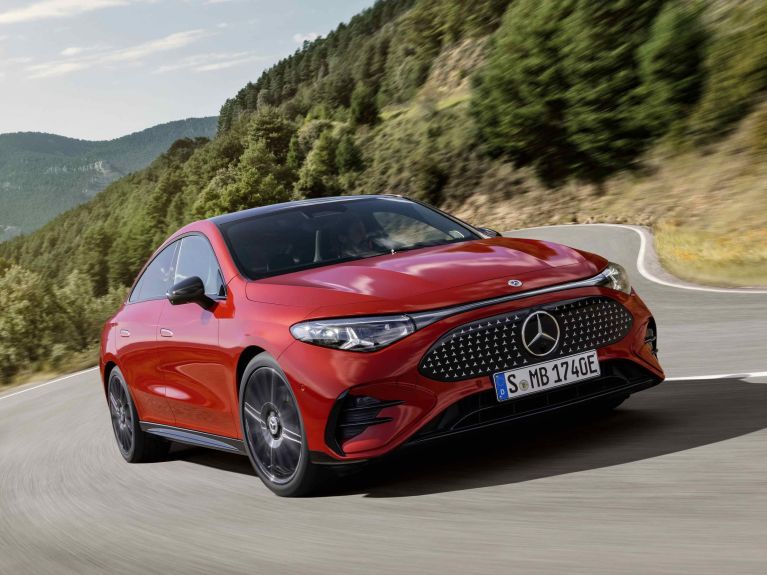The car: a symbol of freedom - and high tech made in Germany
The automotive industry is a central pillar of the German economy, comes up with fascinating innovations - and is undergoing a profound transformation.
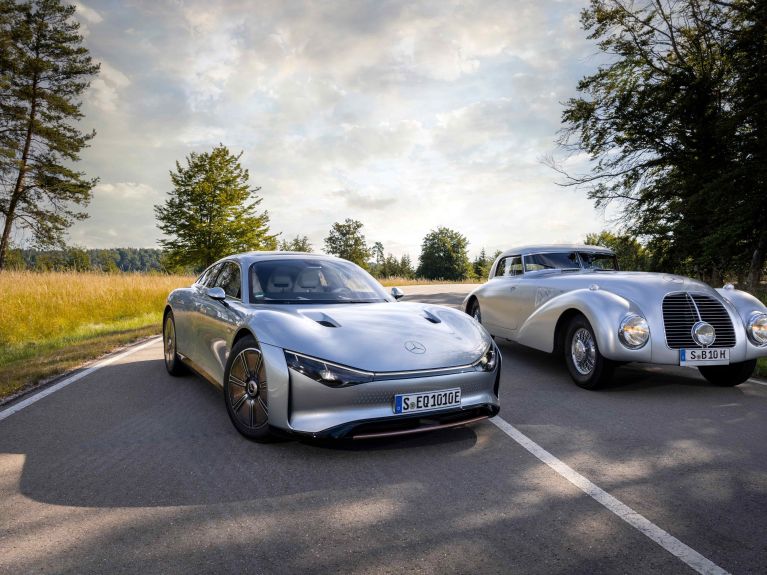
Hardly any other sector is as closely tied to Germany’s reputation as a high-tech nation as the automotive industry. Ever since Carl Benz invented the automobile in 1886, Germany has been home to some of the world’s most iconic makes of car. Brands such as Mercedes-Benz, BMW, Volkswagen, Porsche and Audi stand for German engineering skill and innovation leadership. For many people around the globe, the car symbolises freedom and progress – it is one of the most emotional products there is. And German manufacturers know just how to combine this emotion with state-of-the-art technology and appealing design.
Automotive industry: a pillar of the German economy
The automotive industry is a central pillar of the German economy and also plays in the premier league in international terms. In 2023, the sector achieved total sales of over 564 billion euros, around 171 billion euros of which was generated on the domestic market. Nearly 780,000 people are directly employed by the German automotive industry. Several hundred thousand more work in affiliated areas such as car dealerships and workshops, or in the factories of German carmakers abroad. With its ten brands, the Volkswagen Group alone employs around 680,000 people worldwide.
A driving force for German exports
The German automotive industry’s emphasis on exports is remarkable: in 2023, German manufacturers shipped 3.1 million passenger cars abroad, making for an export rate of nearly 76 percent. The US and China are among the biggest markets for German cars. 14.1 million cars were produced in total by German manufacturers in 2023 - 4.1 million of these in Germany.
One major factor in the sector’s success is the supplier industry. Companies such as ZF Friedrichshafen, Bosch, Continental and Schaeffler lead the field in numerous key technologies. One of the world’s largest automotive suppliers, Bosch is seen among other things as a pioneer in the development of AI-based driver assistance systems that are making level 3 and 4 driverless vehicles a reality.
Computers on wheels
Cars have long since evolved to become computers on wheels. Ever bigger high-tech screens offer more and more apps with personalised and self-learning infotainment functions. Mercedes-Benz’s multi-award-winning MBUX is one of the most advanced systems, for example. The Hyperscreen version features a huge, glass-covered curved screen. Artificial intelligence (AI) learns constantly from the way the driver behaves, while the voice control system suggests routines and adapts to the driver’s habits. At the 2025 Consumer Electronics Show (CES), BMW presented its Panoramic iDrive System, designed to provide a seamlessly integrated information and entertainment experience. At its heart is a head-up display that projects content across the entire width of the windscreen.
Digitisation is playing a central role on the increasingly competitive international market, and the manifold opportunities offered by AI and driverless vehicles are only just gathering momentum. For decades, German cars with their combustion engines, gearboxes and other components - not to mention their reliability and craftsmanship - were regarded as market leaders. Yet the days when manufacturers could rest on their laurels are over. Networked vehicles with highly developed software solutions are the future.

Electric mobility: tough competition
The German auto industry needs to really pick up the pace, not only when it comes to software, but also in terms of electric mobility. Tough carbonemission regulations are forcing the entire sector to adopt climate-friendly solutions. All German manufacturers have already had high-quality hybrid and fully electric vehicles in their ranges for a long time. Yet they are still pretty expensive - partly because energy, production and labour costs in Germany are high. “While the range and charging capacity of electric models are developing relatively well, the breakthrough in electric mobility in Germany is failing to materialise primarily because purchase prices are not competitive by comparison with combustion engine vehicles,” says Stefan Bratzel, head of the Center of Automotive Management. He adds that Chinese manufacturers are entering the market with advanced and cheap electric cars. German suppliers need to catch up when it comes to battery technology in particular. The charging infrastructure in much of Europe is also insufficiently developed. Geopolitical and trade uncertainties such as looming tariffs in the US could additionally jeopardise global sales. The rapid shift towards digitised and emission-free mobility under increasingly tough competitive conditions is thus a huge challenge that is already prompting some companies to cut staff.
Massive investments and light at the end of the tunnel
This pressure to act can also have a turbo-boosting effect, however: according to the German Association of the Automotive Industry (VDA), manufacturers have set themselves the ambitious target of creating the world’s best digital and climate-neutral products for the mobility of the future. In 2023 alone, the sector invested 58.4 billion euros in research and development. A total of 320 billion euros is to be channelled into innovation in the period 2025 to 2029. A further 220 billion or so euros will be spent on fixed assets, especially modern production plants.
“The transformation of our industry is a mammoth challenge,” VDA President Hildegard Müller said in a recent interview. If this revolution is regarded as an opportunity, however, she believes that “we could end up with the best and most efficient solutions to meet every mobility need.”
And there are already signs of an upswing: the VDA is forecasting that 873,000 new electric cars will be registered in Germany in 2025 - 53 percent up on 2024. Sales of battery-powered vehicles in particular are expected to soar by 75 percent to 666,000. At the same time, domestic production of electric cars is set to rise by 24 percent to around 1.7 million, having already achieved record production in 2024. This will allow Germany to consolidate its position as the world’s second-largest producer of electric vehicles (after China).


